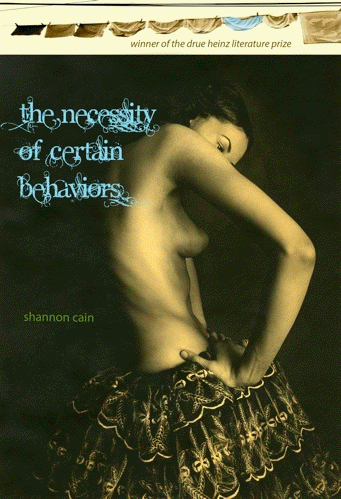When we place a list of reviews in our General Index,
we give ***stars*** to those of special merit:
good plotting in a novel,
nice layout (and intelligent commentary) in an art book,
superior writing in histories,
a special vision in poetry.
Here are ten from
the last six months that earned
our editors' deep affection.
Kristín Ómarsdóttir
Lytton Smith, Translator
(Open Letter)

What we learn about her parents --- off someplace else --- isn't much help. She is convinced that her father is a puppet (strings and all) and her memories of him and her talky mother --- a doctor by trade --- are scattered. And weird.
She keeps asking Rafael if she is retarded, but what with her lists, her brainy ideas and insights, and her strange interests lead us to believe that she not so much retarded as autistic.
A monologue that she gives to the chickens while she is cleaning their hut is right out of Alice in Wonderland:
- Good day, little chickens. I am the spring-man. I suppose I should vacuum, in here. Today's Saturday, and that's when people clean their residences and also the hen houses, though less frequently since animal-kind has fewer requirements. Perhaps because nature is expected to see to cleaning itself. But how are you going to get swept? God's natural brush, storms, never reach in here, do they? Poor you. In your shitty beds. But I still envy you. A little. Not much. A little.
review
Sigmund Freud, William Halstead,
And the Miracle Drug Cocaine
Howard Markel
(Pantheon)
- Initially, Sargent could not make up his mind about the painting's composition. He paced up and down the room, chain-smoking cigarettes, while the doctors, none of them known for their patience, allowed themselves to be positioned and repositioned according to the artist's latest whim.
And the revelations about Freud... Not only do we get twelve years of his enervating cocaine use, along with Emma's poor ruined nose, but there is the characterization of Freud as a "cranky" hysteric (who had been inducted into treating hysterics no less). And there is this blockbuster set right at the very end: "A year after he fled Nazi-dominated Austria for London, a cancer-riddled Freud asked his physician Max Schur for a fatal dose of morphine to end his life."
- "Schur, you remember our 'contract' not to leave me in the lurch when the time had come. Now it is nothing but torture and makes no sense."
And Schur, true to his word, administers "a large dose of morphine" not once but three times ... "and Freud went into a coma from which he did not awake."





